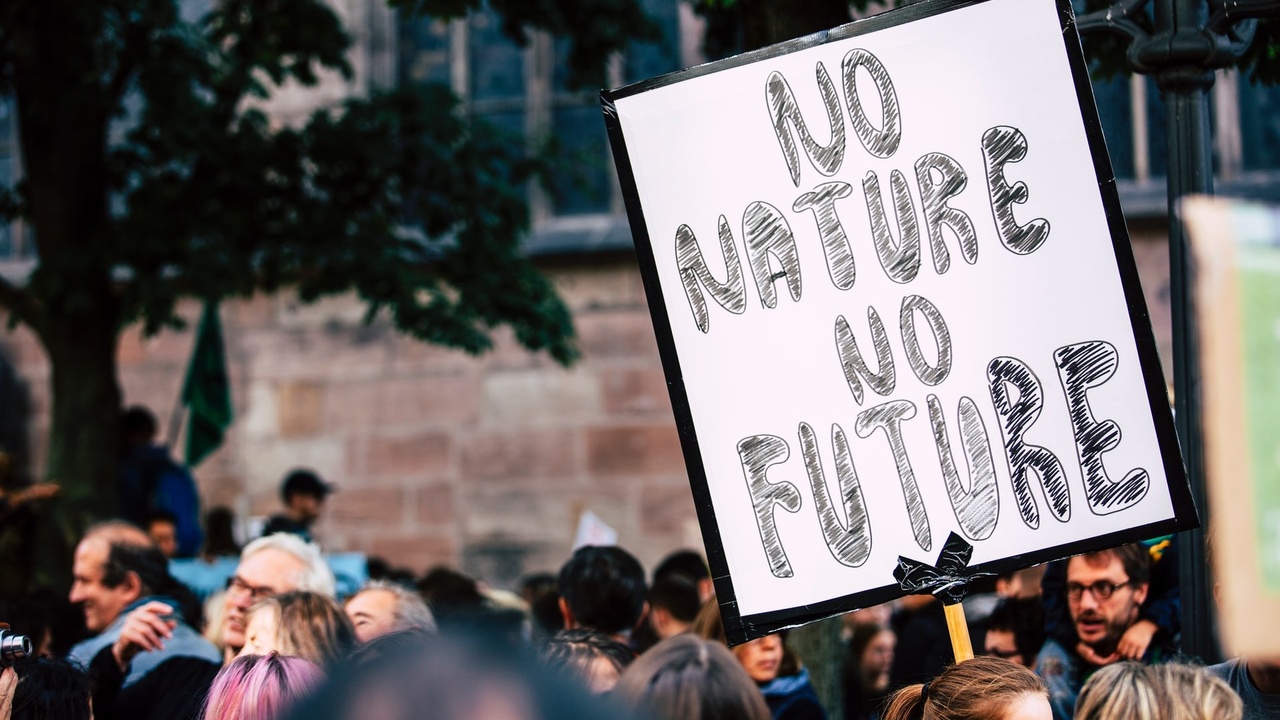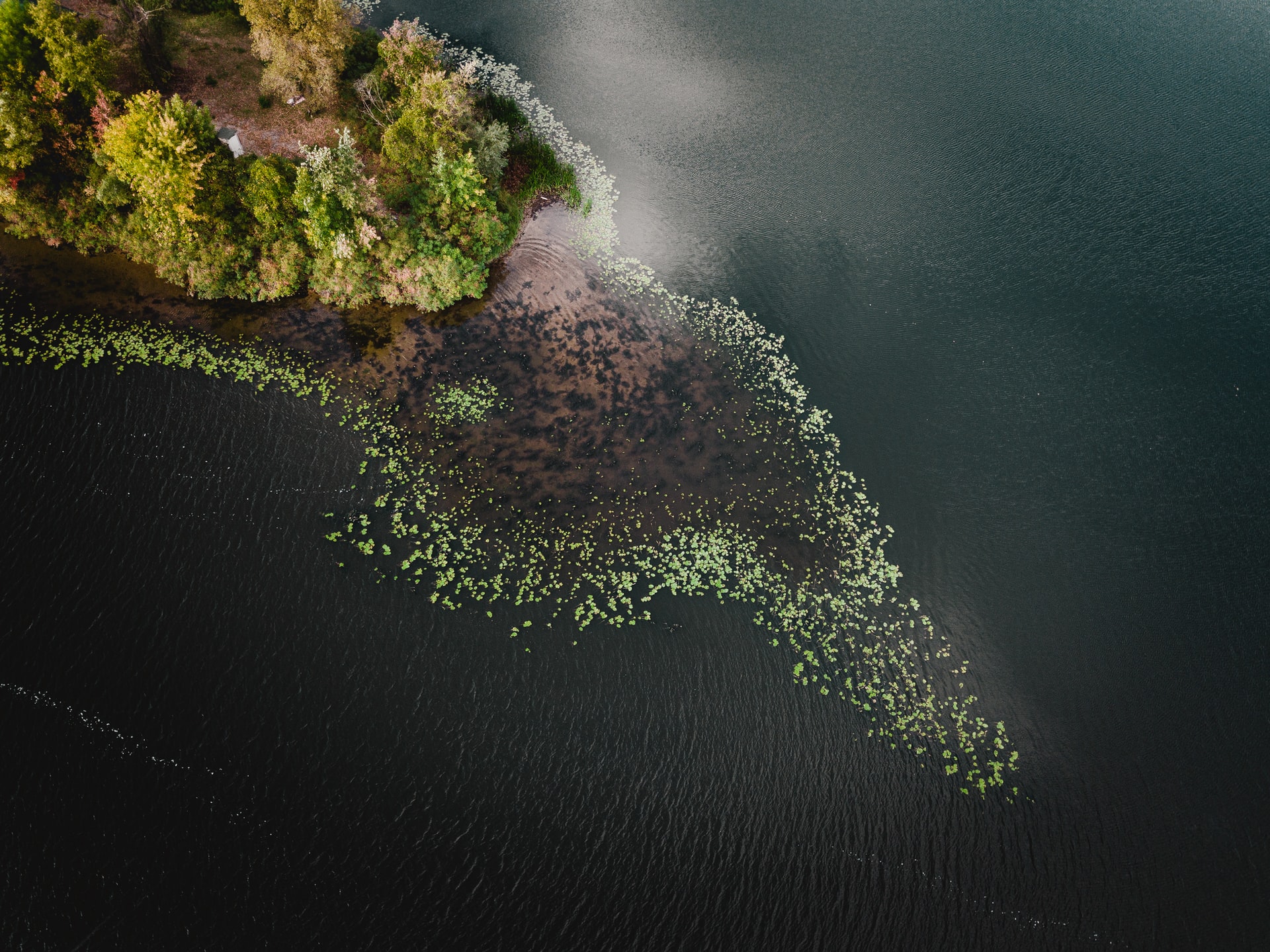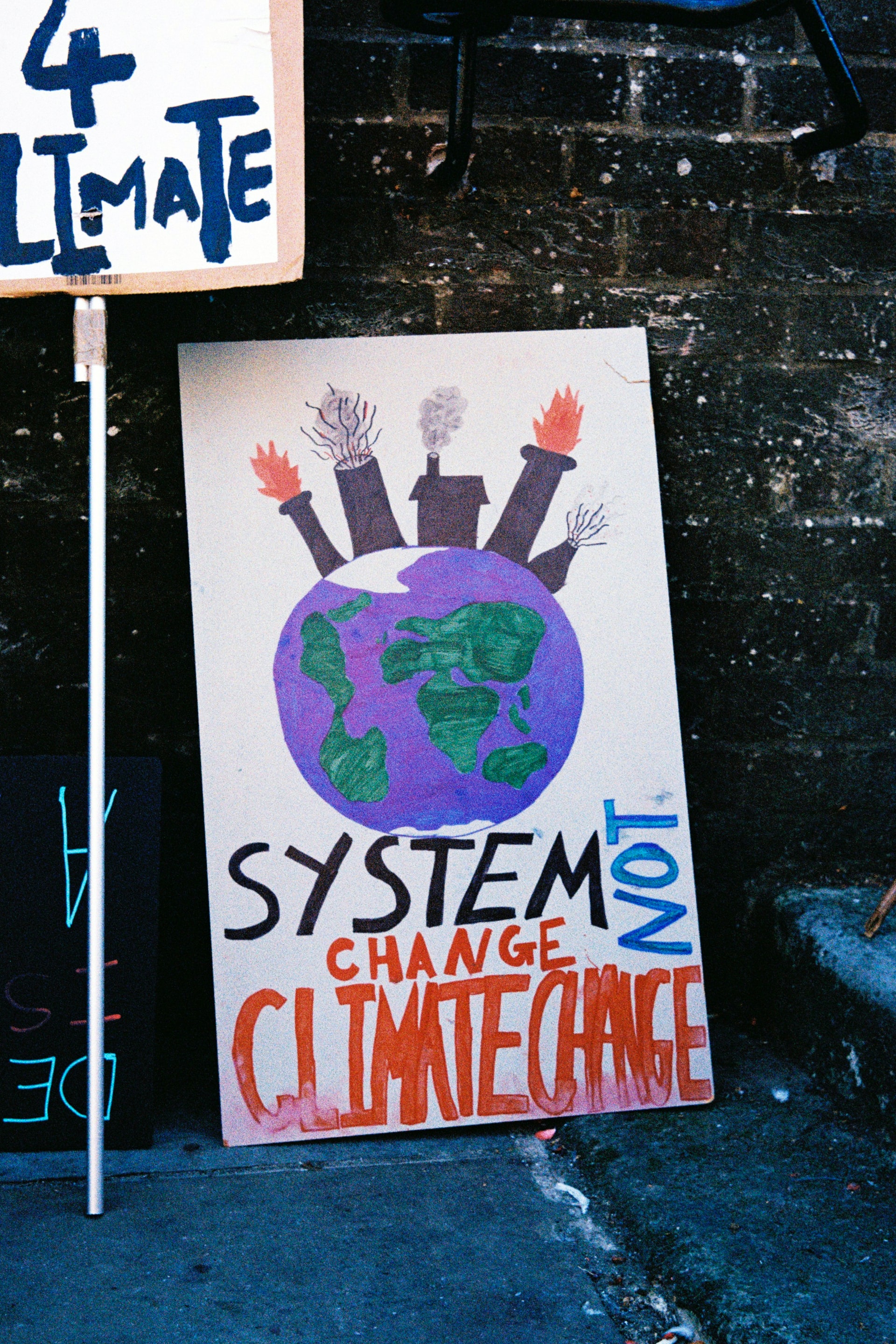Activism 101

"You must unite behind the science. You must take action. You must do the impossible. Because giving up can never ever be an option." – Greta Thunberg
Raising awareness about environmental issues is essential when it comes to creating change and protecting the environment. Yes, your personal act matters, but you can amplify your impact by making others aware of your actions and desire for social change.
Without the voices and actions of activists, many environmental issues would go unchecked and cause further degradation. We are in the midst of a critical paradigm shift as I see it. There is an increasing awareness of the issues, demand for a different pathway, and adding your voice can make all the difference!
Education as Activism
Researching an environmental issue will provide you with essential information such as why the issue is occurring, where it is most prevalent, what actions contribute to the issue, how it can be prevented/reduced, and what efforts are currently being made in order to rectify the issue.
Helpful information sources include local, national, and international organizations, documentaries, journals, articles, as well as books. Make sure your resources contain credible sources and come from reliable authors and websites.
Our role in protecting Biodiversity
All species on earth interact and depend on each other for survival, creating complex ecosystems which must maintain a certain degree of biodiversity and balance in order to function in a healthy manner.
A healthy ecosystem is essential in order for the needs of species (including humans) to be met, therefore ensuring their survival.
Healthy ecosystems purify the Earth’s air and water, ensure that soil is fertile and healthy, produce food and essential nutrients, and regulate the climate.
Biodiversity and ecosystem health
Biodiversity, the variety of life on Earth, ensures that ecosystems are resilient, meaning that they are able to adapt and recover from environmental changes.
If a species is lost within a biodiverse ecosystem, there is a higher probability that the ecosystem will be able to recover than if the ecosystem has low biodiversity.

Human activities are a large threat to biodiversity and the environment. Some of the most harmful human activities include natural resource exploitation, population growth, urbanization, pollution, invasive alien species, climate change, and global warming, and environmental degradation.
It is important to do what we can to protect nature, as the degradation and loss of biodiversity within ecosystems result in a weakened ability to provide the services that are essential to the survival of all species.
Once you have established a foundation of knowledge on the issue you are concerned about, it is helpful to look to your community for environmental activism opportunities.

Find your people
Getting involved with a community group will connect you with likeminded individuals, encourage knowledge and idea-sharing, and allow you to plan events that help create awareness in your city or town.
There are many organizations that address a wide range of issues, such as conservation groups, organic/local food organizations, and social justice groups.
Making a difference on a local scale not only benefits your community but has the potential to expand to the national or international level.
For example, Greta Thunberg’s single-person strike has caught momentum and is inspiring cities across the globe to voice their concerns about climate change by participating in climate strikes.
Use your Voice!
Another part of environmental activism is using your voice to spread knowledge and awareness. (Which is why the education component is so vital!) Sharing relevant and correct information about an environmental issue is important in order to keep the issue relevant and at the forefront of people’s minds.
This may include sharing information over social media, participating in strikes, signing, petitions, and speaking to friends and family members about the issues at hand. Providing information, as well as practical ways to combat the issue, may encourage others to take action and make a personal change.
Environmental activism is about different people and groups coming together to address environmental concerns.

Whether you are concerned about building sustainable communities, saving the whales, fighting environmental racism, or renewable energy sources, there are organizations and personal actions that can be taken to address these issues and make an effort to preserve and protect nature.
How you can take action:
Find the perfect environmental organization to volunteer, donate, or contribute to!
- Determine which skills you have to offer and what skills/experiences you would like to gain. If you have experience in marketing or event planning, use those skills to your advantage. If you wish to gain a certain skill, determine if your desired position will be a possibility when searching for organizations.
- Consider which environmental issue you are passionate about and would like to contribute to. This may be a local issue that hits close to home or even an issue that is prevalent in other parts of the world.
- Do the research by reading well-regarded sites such as National Geographic, the World Wildlife Fund, David Suzuki Foundation, Sierra Club, and even Wikipedia and trusted government sites, and of course the Live. Well. Green. podcast Ep 01: The Human-Nature connection!
- Check out the environmental organizations that deal with your environmental issue of interest. These might be large international organizations or local ones within your neighbourhood or city.
- Decide how you would like to contribute to the organization of your choice. What suits your schedule and lifestyle the best? You could choose to make monetary contributions, donate items in need, or volunteer your time, depending on the needs of the organization.
If you need some inspiration, check out these 50 environmental activists that have made a positive difference in the world!
And have a listen to Episode 64 of Live. Well. Green. all about Greta and the Paradigm Shift.
Then, share what you are doing to amplify the impact, share it with me through the contact page, share it out on social media or in discussions with your friends and family. Elevating the discussion with a respectful and open-hearted approach will raise the issue and bring more light to how to take action.
Doing so does make a difference! Research finds that by showing friends and neighbours what you value and how you are taking action, they are more likely to also take similar action.
Together we ARE creating a better future!
Stay connected with news and updates!
Join my mailing list to receive the latest news and updates. Your information will not be shared.

